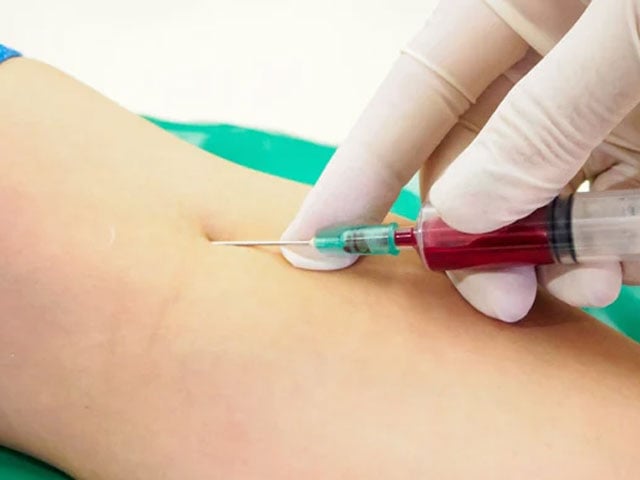Beijing: Medical experts in China have discovered the genetic sequence of the extremely rare ‘P’ blood group.
According to local media, the Rhesus-negative blood group (known as ‘panda blood’ in China) is found in about 0.4 percent of the Chinese population. In comparison, the para-Bombay phenotype (known as dinosaur blood) occurs in 1 in 10,000 to 1 in 100,000 individuals.
According to one report, P blood type is even rarer, occurring in about one person in a million.
Recently, scientists have identified the DNA sequence (nucleotide molecules) on the back of this type in a person with this rare blood type.
Nucleotides are the small molecules that make up DNA and RNA and contain genetic information.
Further genetic testing confirmed that the newly discovered gene sequence had never been seen before.
Early diagnosis in people with this rare variant can help to better prepare for blood transfusions. Especially during pregnancy as such individuals can only receive their own blood type and transfusions of the wrong type can cause miscarriage and stillbirth.
(function(d, s, id){
var js, fjs = d.getElementsByTagName(s)[0];
if (d.getElementById(id)) {return;}
js = d.createElement(s); js.id = id;
js.src = “//connect.facebook.net/en_US/sdk.js#xfbml=1&version=v2.3&appId=770767426360150”;
fjs.parentNode.insertBefore(js, fjs);
}(document, ‘script’, ‘facebook-jssdk’));
(function(d, s, id) {
var js, fjs = d.getElementsByTagName(s)[0];
if (d.getElementById(id)) return;
js = d.createElement(s); js.id = id;
js.src = “//connect.facebook.net/en_GB/sdk.js#xfbml=1&version=v2.7”;
fjs.parentNode.insertBefore(js, fjs);
}(document, ‘script’, ‘facebook-jssdk’));



